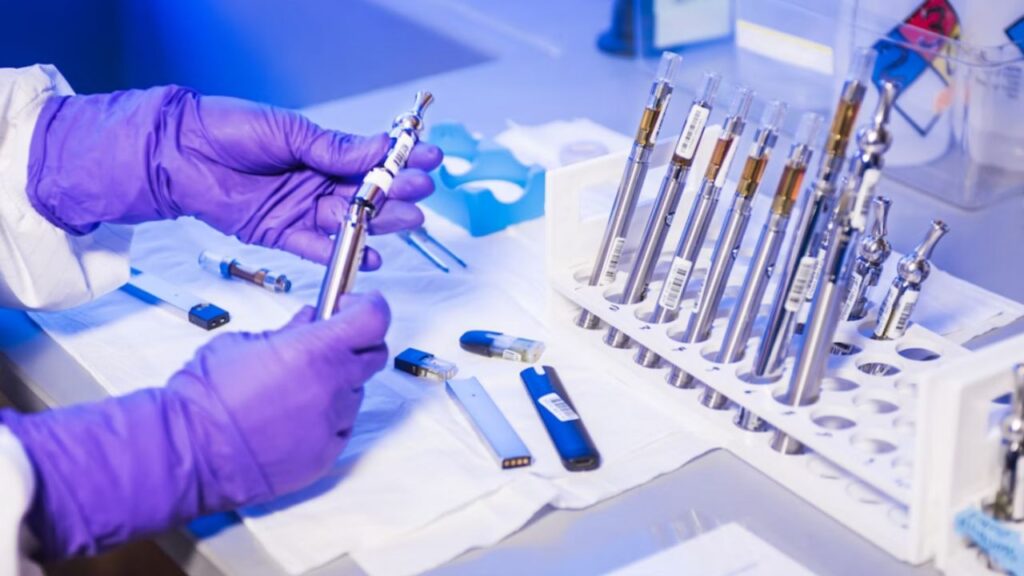Before new treatments, medication or medical devices can reach everyday consumers, they need to successfully pass a clinical trial. These are research studies that are being conducted with real people, who volunteered to test these new products in an experimental setting.
Without these trials, medical breakthroughs in cancer treatment or urgent vaccines, will not be able to leave the lab. Volunteers play an important part in ensuring that medical treatment is safe and effective, but they need to be aware of what they are signing up for when doing a clinical trial.
How Clinical Trials Work
Any new medical treatment will undergo various trial phases before a doctor will be able to prescribe it for a patient, be it a pill, brace or a shot. Each phase of the clinical trial ensures that the treatment is effective, that it does not cause abnormal side effects or do not lead to unexpected injuries for the patient. These phases are overseen by the manufacturer, medical professional as well as government institutions to ensure that they are fit for purpose. The trial phases are normally as follows:
- Phase I: The treatment is tested on a small group of volunteers to make sure it is safe and to confirm the correct dosage.
- Phase II: If the treatment is safe the trial will involve more volunteers to make sure that it actually treats the medical condition it was created for. This phase also involves researchers who confirm its effectiveness.
- Phase III: The volunteers may include hundreds or thousands of patients in this phase. A placebo is normally introduced to see if the treatment really does treat the condition as well as to test long term effectiveness.
- Phase IV: If the treatment reaches this phase it will be approved to hit the market, however studies will continue to ensure its effectiveness and impact on different people.
Why People Volunteer for Clinical Trials
For a lot of patients a clinical trial is a way to give back to mankind. First phase volunteers put themselves at risk to ensure that people get the treatment they deserve. Other volunteers might join a trial to get access to new treatments and technology before anyone else does, especially when facing critical diagnoses like stage 4 mesothelioma or certain aggressive growths.
Volunteers also receive additional support from medical staff as they are closely monitored, sometimes more than you would normally get. Some clinical trials also offer additional incentives for volunteers such as reduced medical fees or specialized treatment.
What to Watch Out For
As a volunteer for a brand new and untested medical product, there is always some risk. This is why volunteers complete extensive waiver and disclaimer forms – as the result might be unexpected. Volunteers must be aware of the following before entering a clinical trial:
- Side effects: Experimental treatments may cause unexpected side effects some of which are not even known to doctors.
- Time and effort: Clinical trials are not a once off visit. It requires various doctors visits and monitoring which may last for extended periods.
- Placebos: You might not get any treatment at all if you are part of the group of volunteers placed in a placebo control group.
Changing Medical History
Volunteers are the first step in ensuring effective treatment for countless individuals. By being prepared for what to expect these patients can ensure that the trial phase goes as smoothly as possible – leading to a quicker availability of medical treatments.

